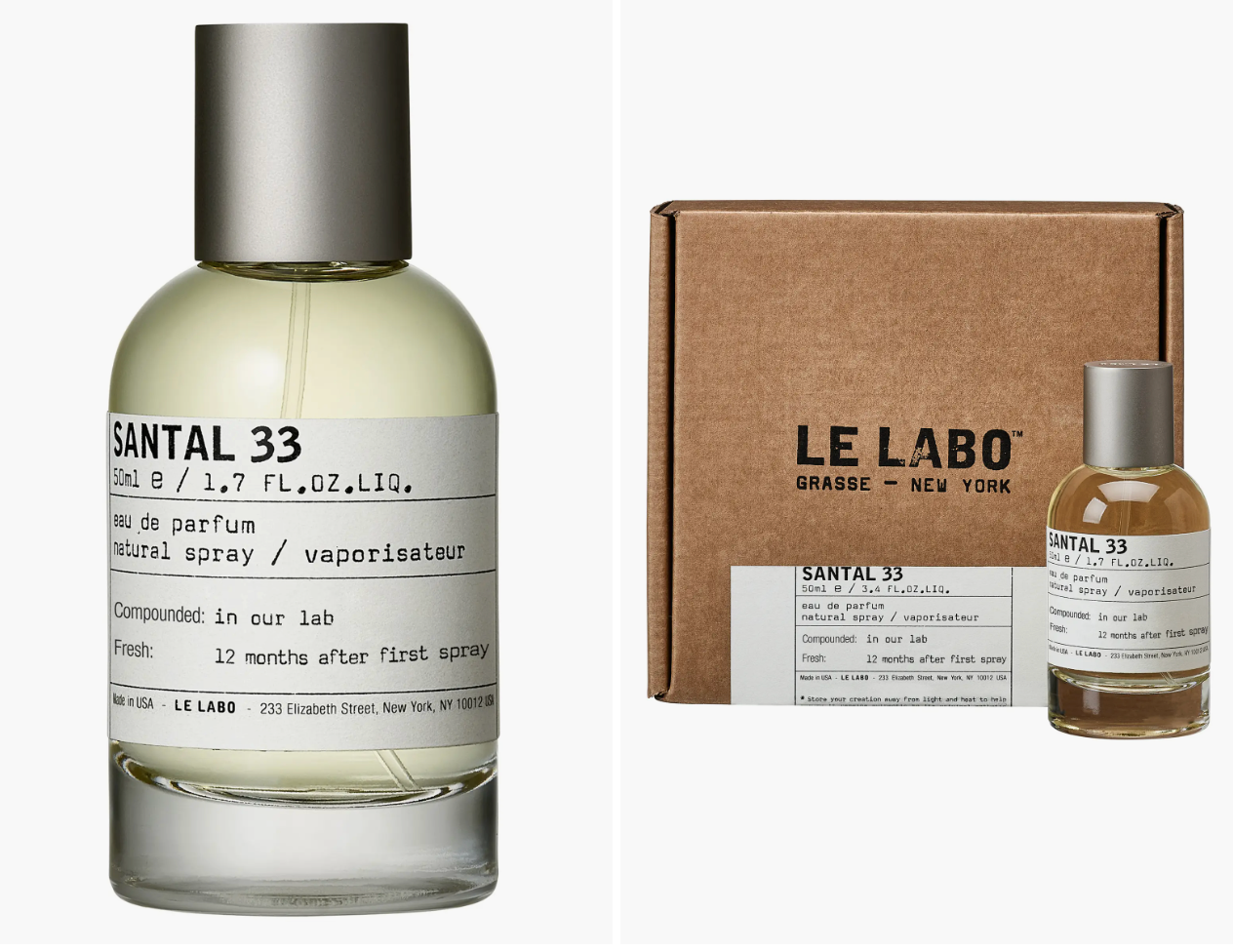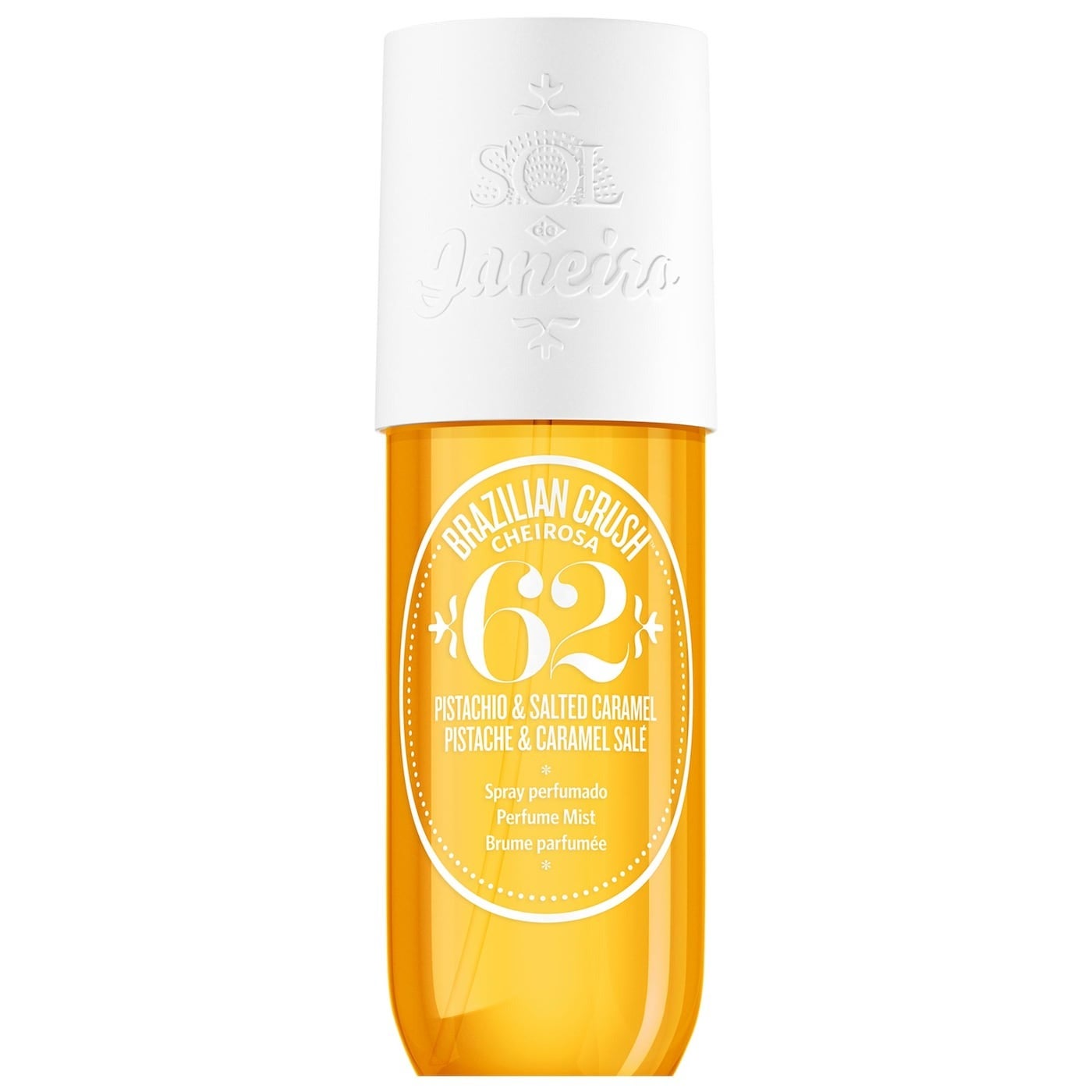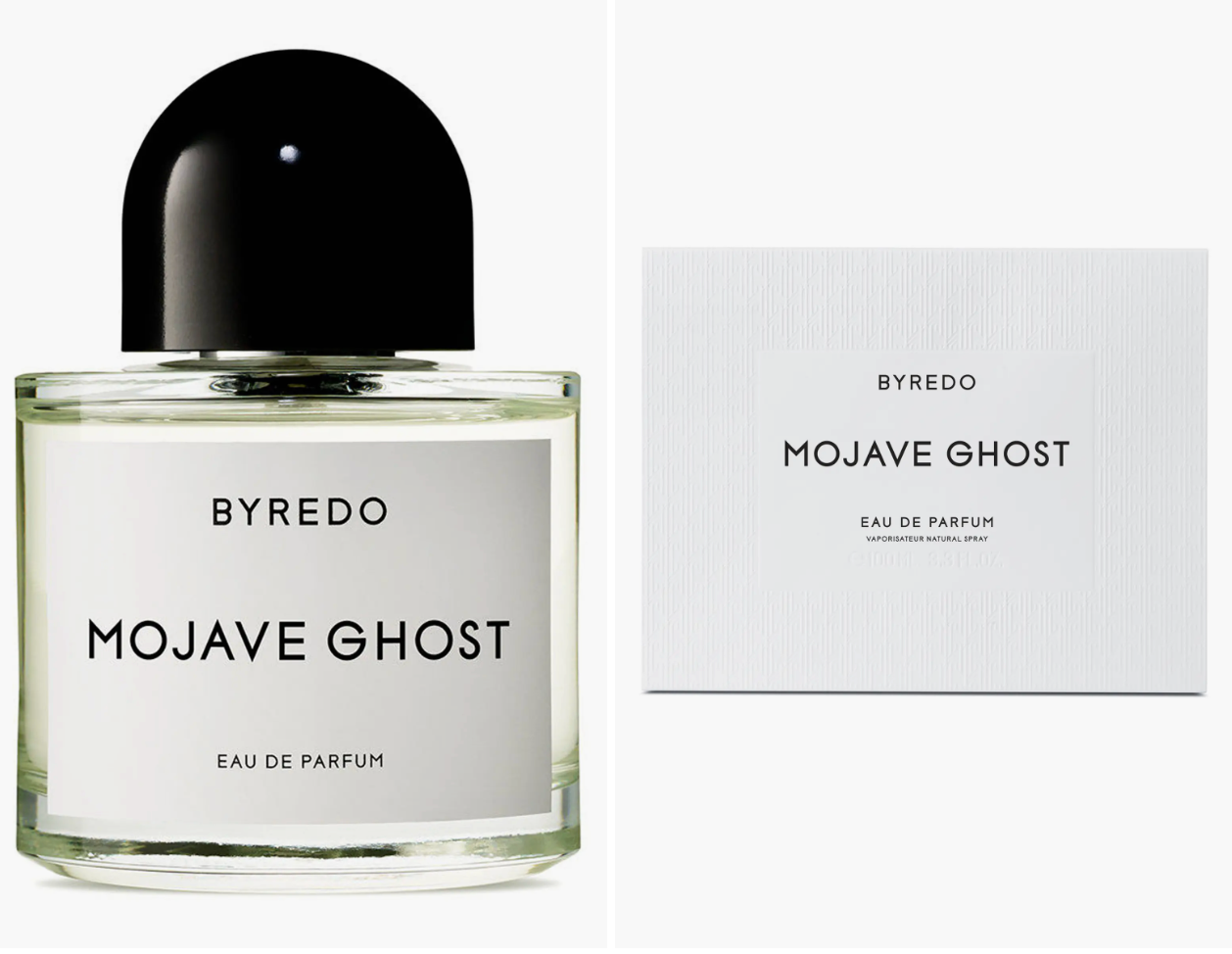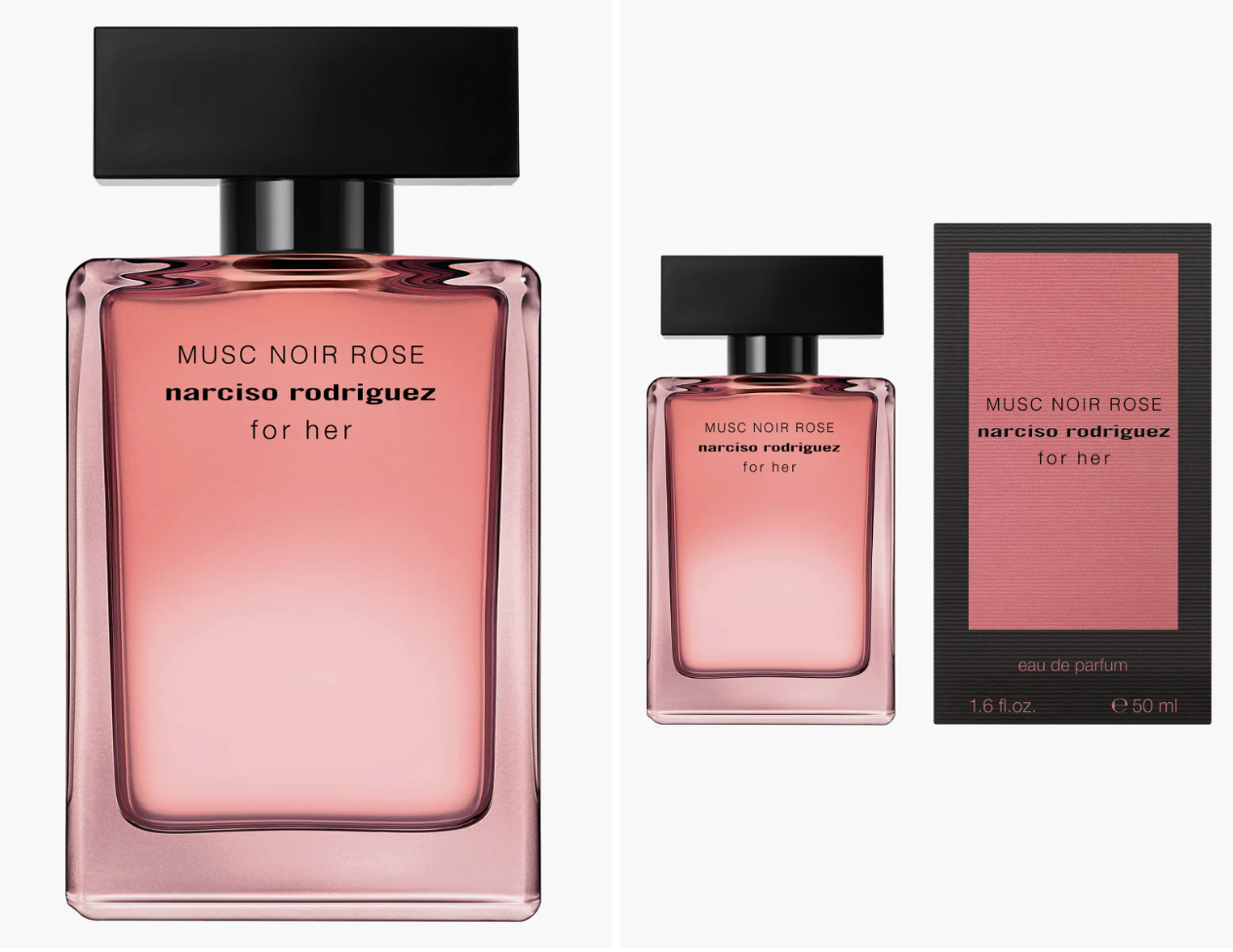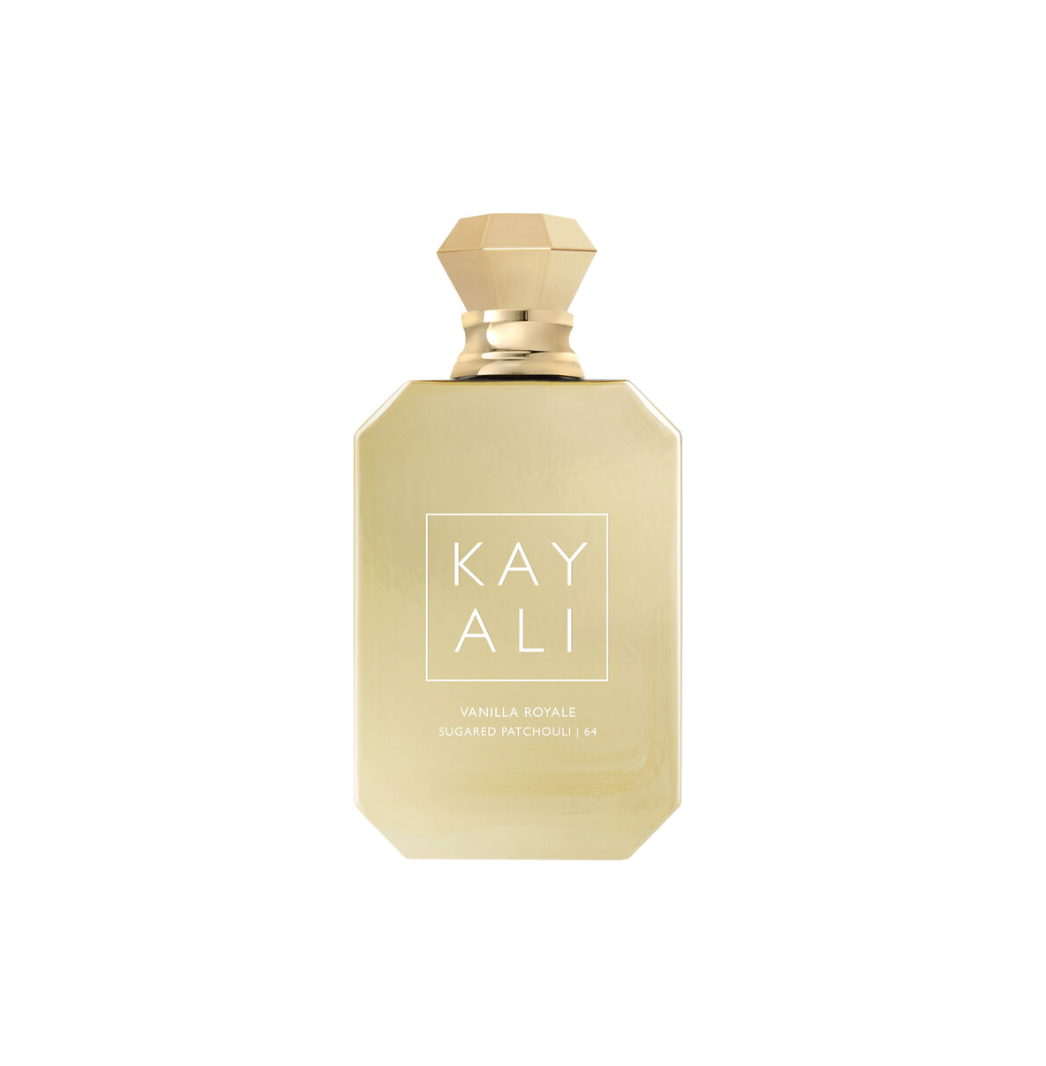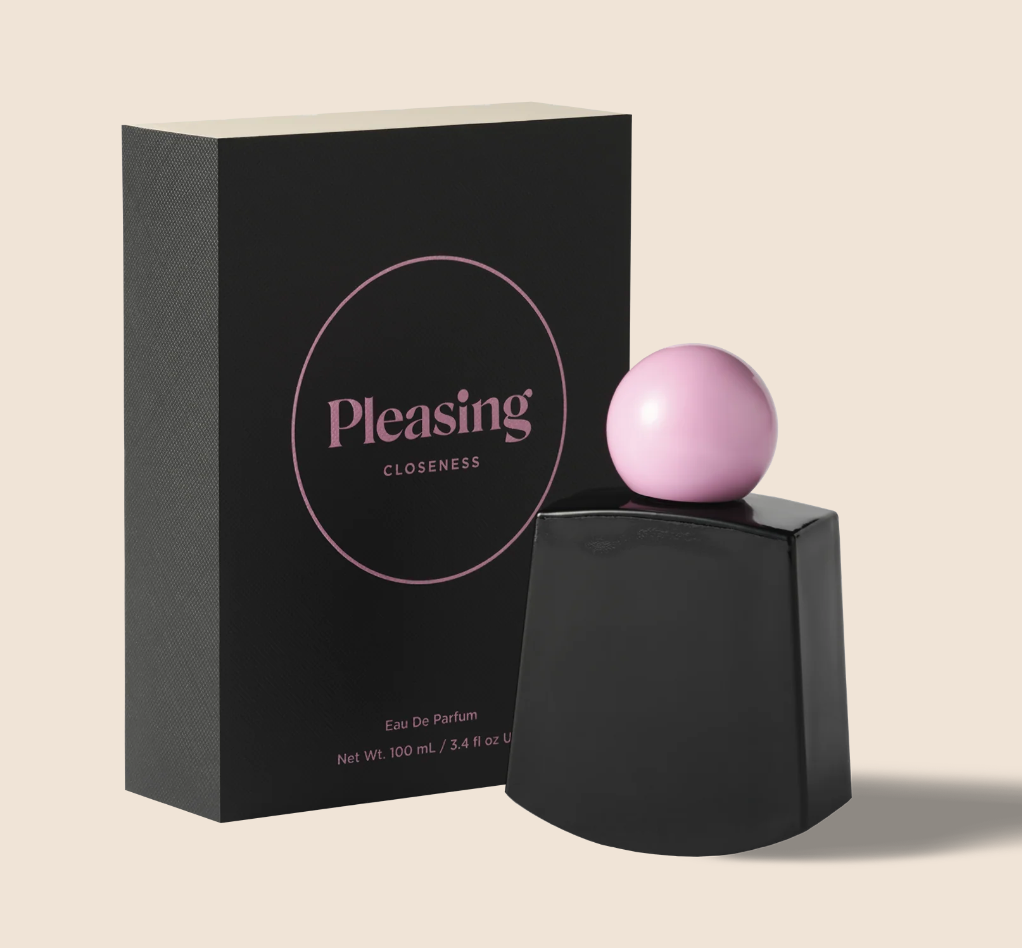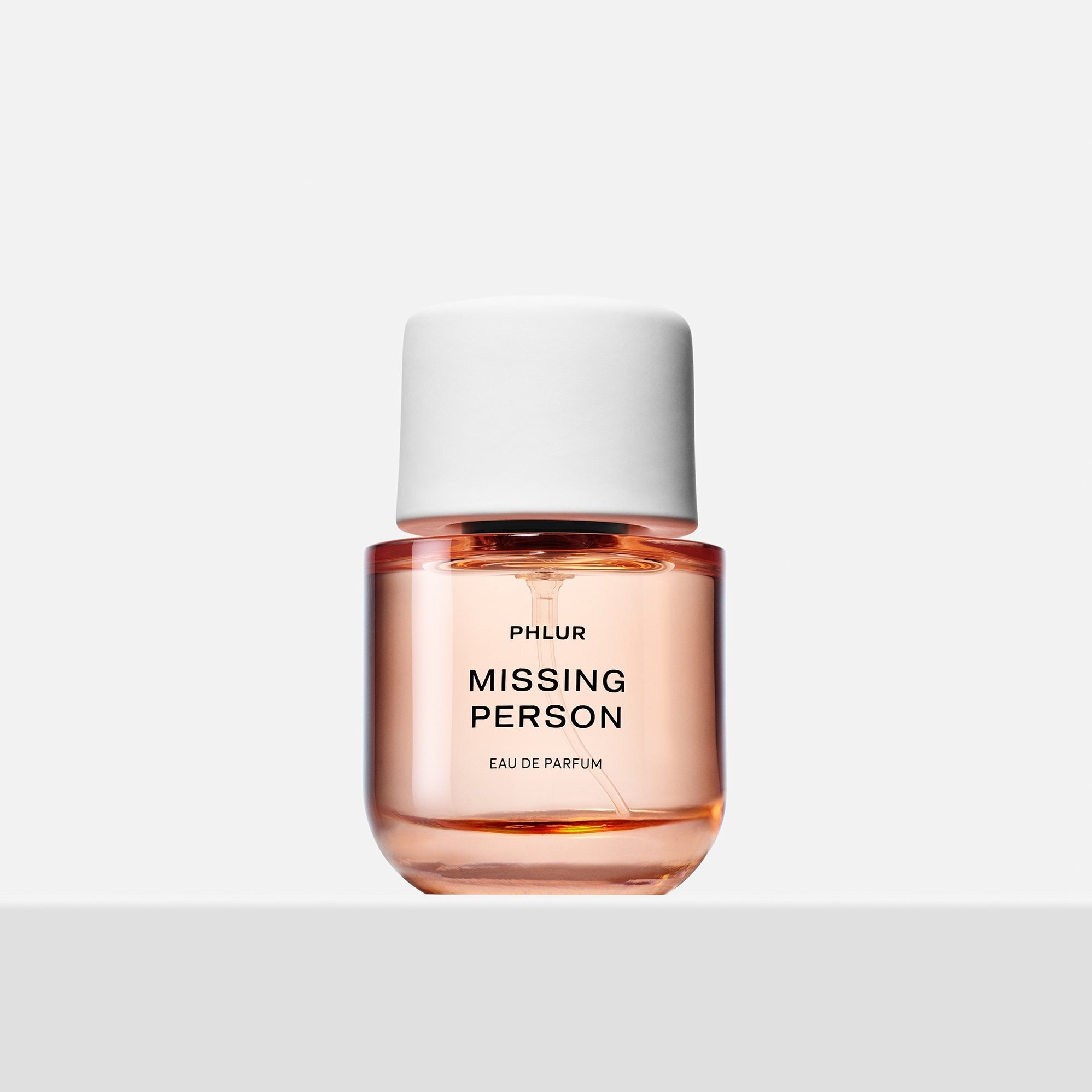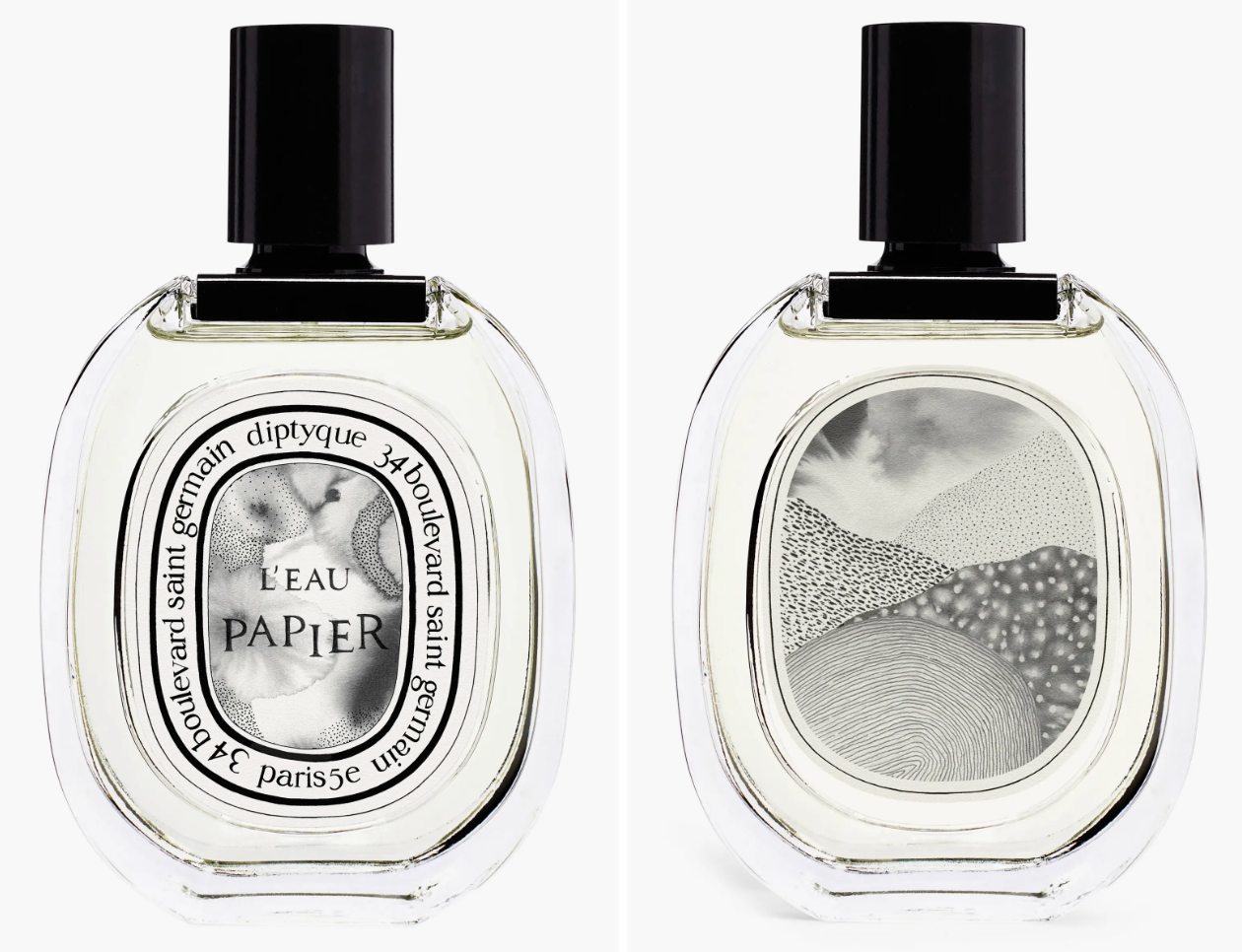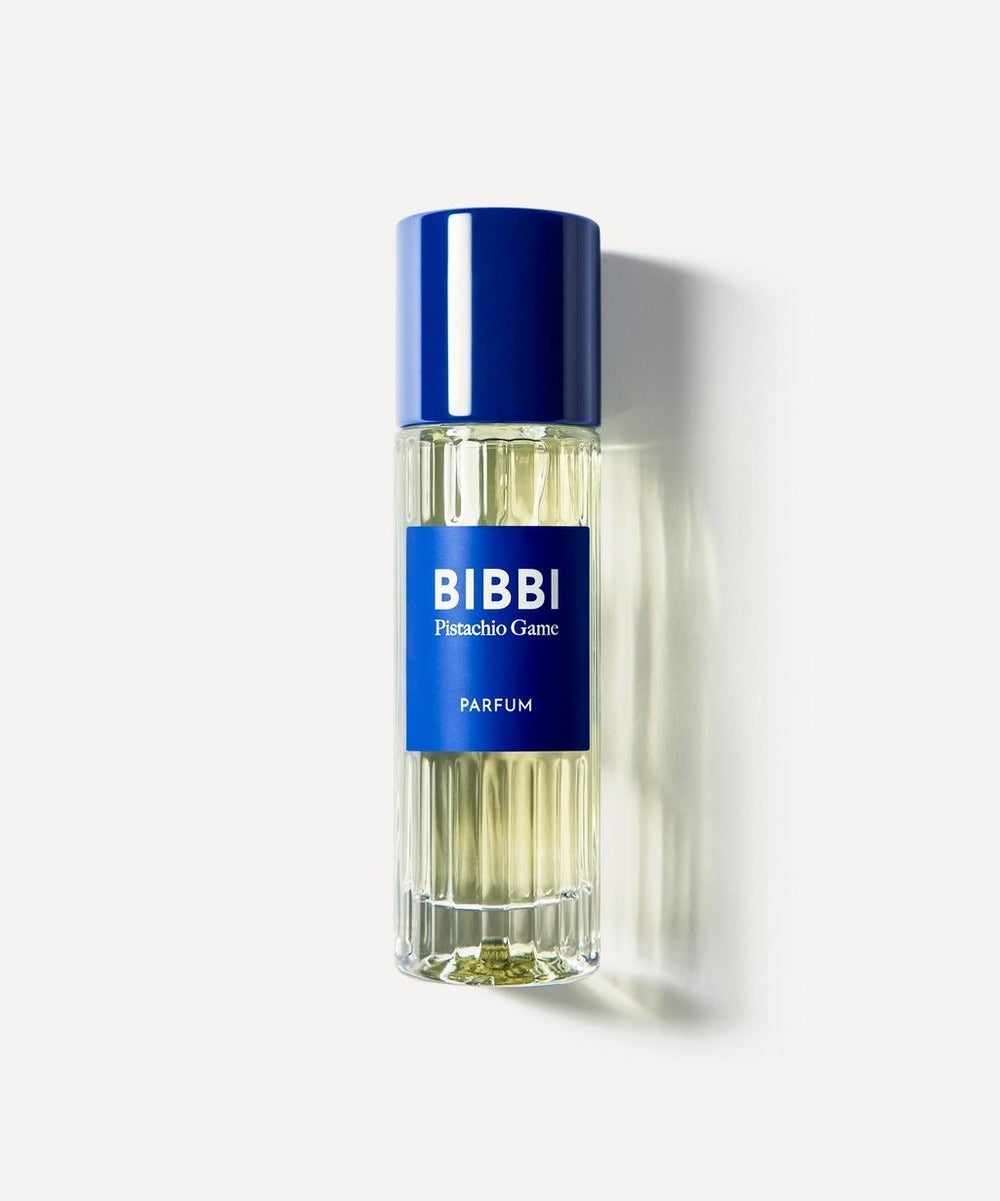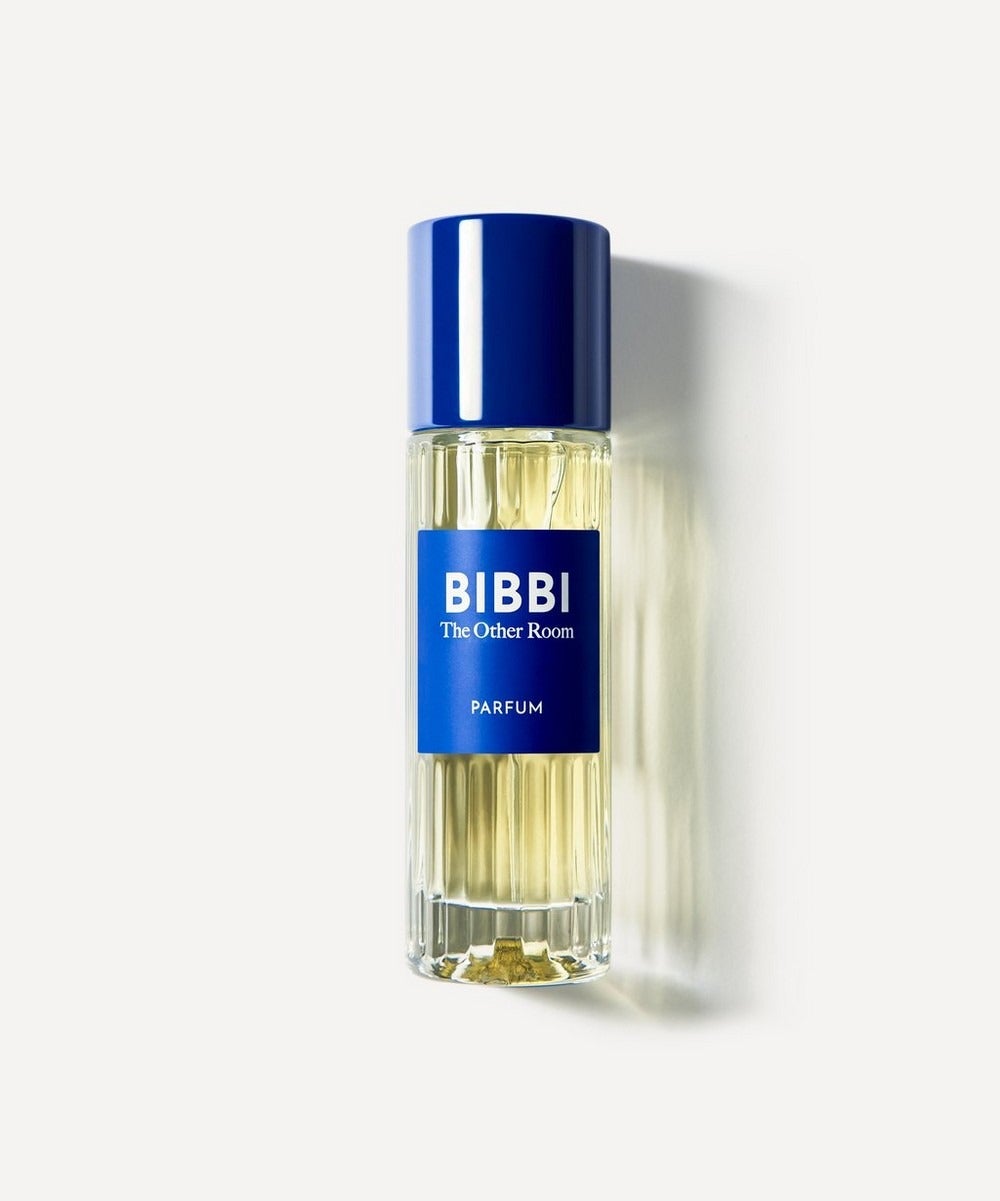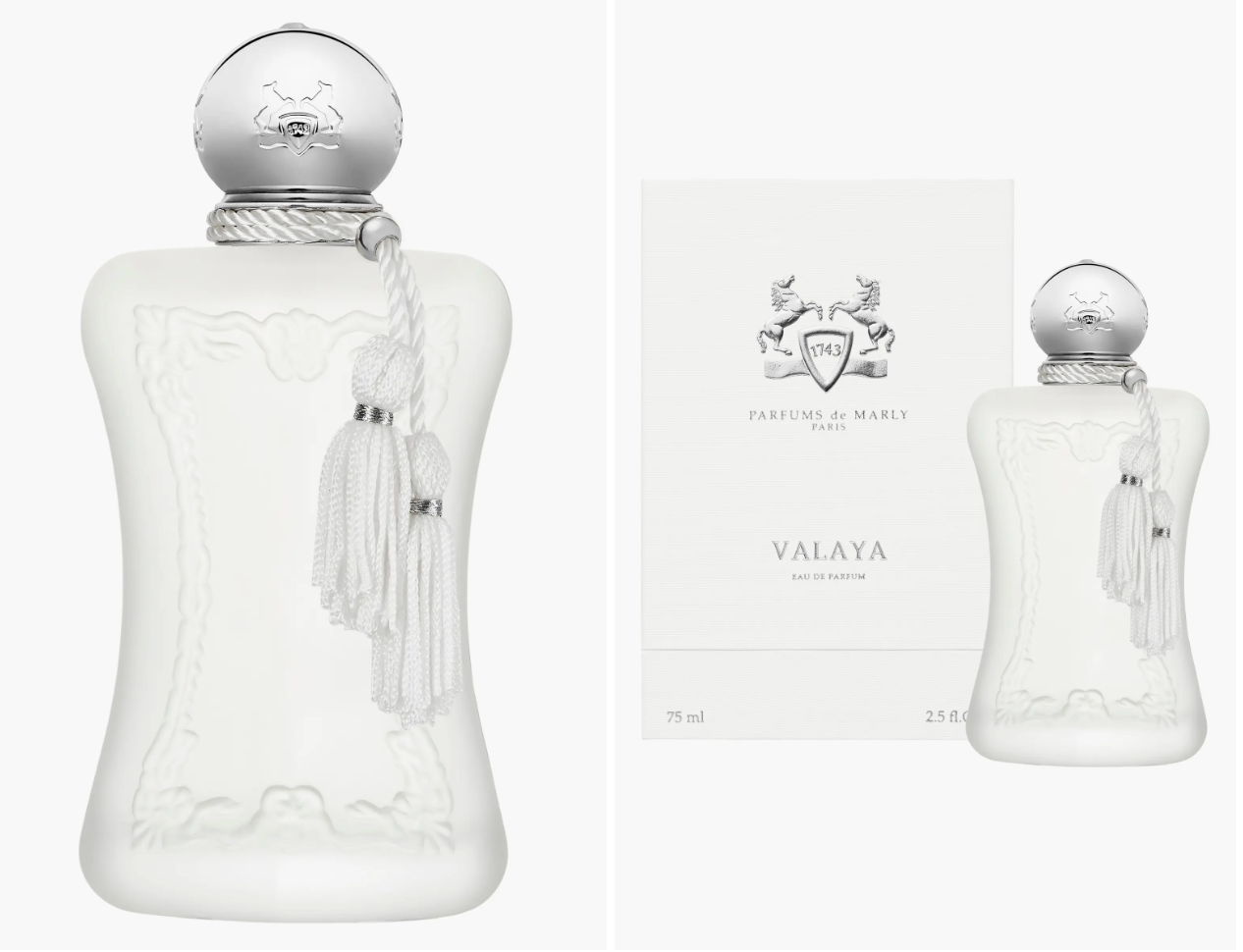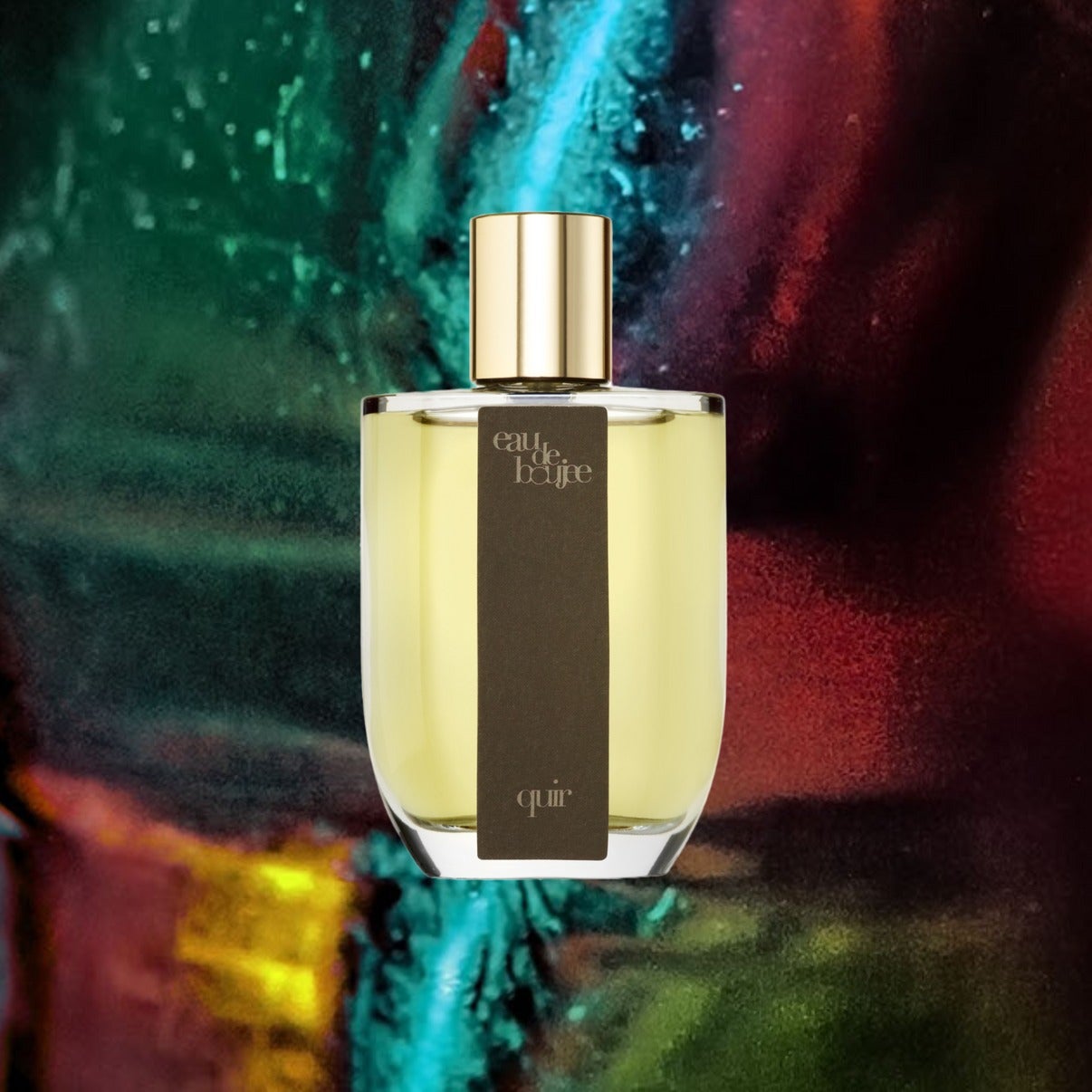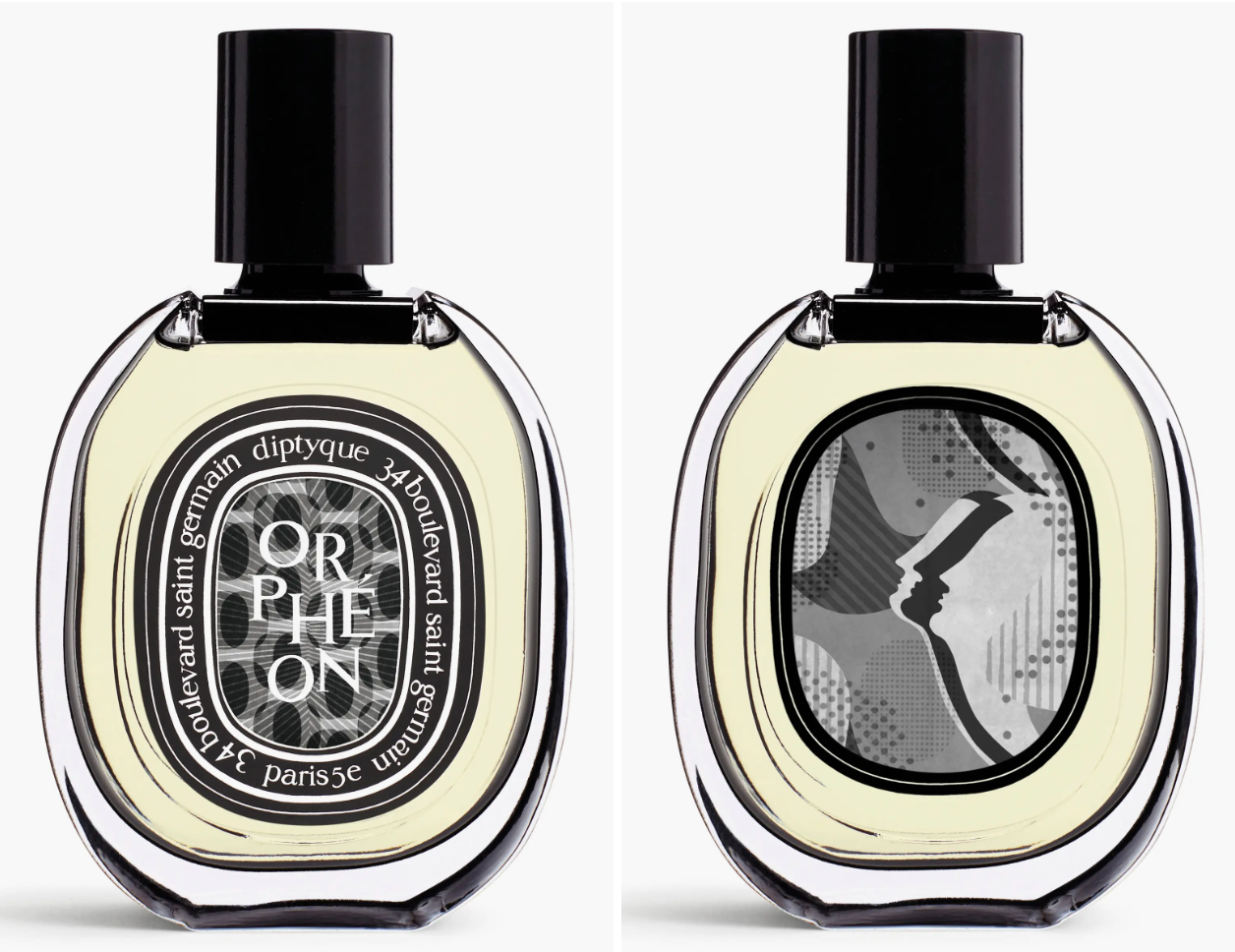Why Is Everyone Wearing Perfume To Bed?
All linked products are independently selected by our editors. If you purchase any of these products, we may earn a commission.
Photo: Yaroslav Shuraev/Pexels.
It’s not unusual for celebrities to share their odd beauty habits with me. One told me that her skincare routine is never complete without a monthly placenta facial (yes, actual human placenta). Another said that, despite having fronted various shampoo ads, she allows her hair to “clean itself” — a questionable trend that has recently been debunked by trichologists (please wash your hair). But when Mona Kattan, founder of viral fragrance brand Kayali, told me that she wears perfume to bed at night, it was by far the most peculiar revelation I had heard. For some reason, though, it felt wrong.
AdvertisementADVERTISEMENT
“I can’t sleep without it,” Kattan told me. “When I was single, it was the one moment during the day when no one else was smelling me, so it felt super intimate. It’s the highest form of using fragrance as self-love.” I understood where Kattan was coming from, but fragrance is expensive. If I’m going to wear it, I thought, I want others to smell it, too. I’d forgotten all about Kattan’s nightly ritual when I met Eudora Nwasike, a fragrance specialist certified by The Fragrance Foundation. Like Kattan, Nwasike’s top fragrance prediction for 2024 happened to be wearing your fragrance to bed. Perhaps it wasn’t as unorthodox as I initially thought, and a quick scroll through TikTok — or, more accurately, #PerfumeTok — affirmed my burgeoning curiosity.
The phrase “perfumes for bedtime” has 122.9 million views and counting, while “wearing perfume to bed” has an additional 39.7 million. There, perfumers, influencers and fragrance enthusiasts alike make a case for spritzing your skin, pajamas and even your bed sheets with perfume. Many attribute their nightly tradition to the late Marilyn Monroe, who famously revealed that she wears nothing but Chanel N°5 Eau de Parfum to bed, but there are myriad reasons. “A lot of people see perfume as something that you wear to go out and impress other people,” observed TikToker and perfume obsessive Elise Loves Smells. “But I also think it can be much more personal. Bedtime perfume is a great way to express that.” It isn’t solely a conversation among TikTokers. Various threads on Fragrantica, an online perfume community for like-minded fragrance devotees, are dedicated to the topic, proving that sleeping in perfume is a popular phenomenon: “I like my bedtime scent soapy, creamy and musky,” writes one. Another says that they “smell [themselves] to sleep,” and enjoy waking up to the scent once it has dried down.
AdvertisementADVERTISEMENT
Fascinatingly, the general consensus is that wearing perfume to bed has endless benefits for both mind and body. So, have we been sleeping on the idea all along?
@eliselovessmells Good smells for going sleepybye 🛌 #fraghead #fragranceaddict #perfumeaddict #perfumeobsession #ellisbrooklyn #lakeandskye1111 #guccimemoire @ellisbrooklynofficial @lakeandskye ♬ Kawaii Aesthetic - Tollan Kim
Can wearing perfume to bed improve the quality of your sleep?
Nwasike believes that the recipe to a good night’s rest is clean bedding, the perfect room temperature and good air quality, but she is convinced that we can elevate our sleep calibre with fragrance, whether spritzed onto pulse points like the neck and wrists, or on bedclothes. Considering that perfume tends to be expensive, you might think this frivolous, but it can be a form of self-care, says Nwasike. “The benefits of using fragrance to improve one’s wellbeing trace back to the Ancient Greeks and Romans, who are said to have used lavender to fight insomnia,” says Nwasike. Today, there are bodies of modern research that suggest certain scents do, in fact, aid better sleep. A 2021 study found that lavender oil proved an effective and reliable relief from insomnia and fatigue issues, while another study shows that aromatherapy essential oils, including lavender, chamomile and neroli reduced anxiety levels and improved sleep in various participants.
With that in mind, wearing perfume to bed is not too dissimilar from using a lavender-infused pillow spray to help you fall asleep or taking a bath filled to the brim with calming essential oils before bed. It’s all in the notes. While zesty lemon, tangy blackberry and heady coffee make for an uplifting daytime fragrance, you might want to choose something more soothing for a bedtime perfume. Aside from lavender, Nwasike recommends neroli: “This is an airy, citrusy, green note with hints of honey and orange; it’s well-known for easing stress and reducing blood pressure,” says Nwasike. Then there’s jasmine, a white flower with a sweet aroma that Nwasike believes helps to “cleanse the mind,” relieve stress and increase daytime alertness.
AdvertisementADVERTISEMENT
Nwasike adds that soft and milky sandalwood (one of the main components of Le Labo Santal 33 Eau de Parfum, as well as Sol de Janeiro Cheriosa 62 and Byredo Mojave Ghost Eau de Parfum) has been used in Ayurvedic medicine to treat anxiety, fatigue and insomnia. Ylang-ylang and vanilla are equally as comforting. It has been a comeback year for vanilla, especially thanks to the viral Narciso Rodriguez For Her Musc Noir Rose Eau de Parfum and Kayali Vanilla Royale Sugared Patchouli 64 Eau de Parfum. According to the experts, there’s a reason we have gravitated to the inoffensive note in recent years: It has long been linked to breast milk and baby formula, and is said to conjure a sense of comfort in us as adults.
@fragrancelush Raise your hand if you love wearing perfume to sleep 🤚🏽💤 #bedtimeperfumes #perfumereview #perfumerecommendations #perfumecheck #perfumetiktok #perfumefavorites ♬ original sound - Shelby Coleman
Considering the price of most perfumes, it makes sense that we’re looking for ways to carry it into our unconscious minds, making each spritz count. But will your signature scent cut it? Suzy Nightingale, fragrance expert and co-host of On the Scent podcast, reveals that fragrance manufacturers have pumped “mega millions” into funding research on “functional fragrances” — perfumes with the sole purpose of positively influencing our mood and emotions at bedtime. Nightingale pinpoints the “wellness perfume” brand Edeniste, particularly its fragrance, Dream: “This is a soft, herbal, musky perfume including heliotrope, jasmine and labdanum,” a tree resin used often in perfumery to create a warm element. The star element in this fragrance is the patented “dream accord”, which is essentially a marriage of fragrance notes proven to trigger the brain response. This, says Edeniste, evokes an “inner feeling of wellbeing that helps [the wearer] to relax and dream.”
AdvertisementADVERTISEMENT
It may sound unusual, but the concept of creating fragrance with bedtime in mind is going mainstream. Take Harry Styles’ newly launched Pleasing Closeness Eau de Parfum, which boasts a top note of “clean sheets accord”. The main component is orris butter, which the brand describes as a “woody floral, warm and powdery” — much like just-washed bed linen. Then there’s Jones Road Shower: Light and clean, it’s like slipping into crisp sheets after an “everything shower”. Nightingale adores Olfactive O Skin Eau de Parfum, with sandalwood and orris. “It can be worn alone (as I like to in bed) or layered with other perfumes. It allows you to feel that sensation of being freshly-showered and slipping silky limbs into exquisite sheets in a really expensive hotel room,” says Nightingale.
She also loves the trend for “skin musk” scents: perfumes that smell like warm, clean skin, or “being hushed and hugged” in a bottle. Think: Phlur Missing Person Eau de Parfum, (musk, jasmine and sandalwood) and Diptyque L’Eau Papier Eau de Parfum, (rice steam and wood). When nothing is working to quieten an overstimulated brain, Nightingale suggests looking to perfume. “To me, wearing a beautifully soothing scent to bed is the equivalent of a weighted blanket or one of those extra-long pillows you can hug around yourself for added comfort,” she says.
AdvertisementADVERTISEMENT
Can wearing perfume to bed influence your dreams?
The expert consensus? Using fragrance to help you nod off is not to be sniffed at, but that’s not the only benefit. According to Stina Seger, creative director and founder of BIBBI Parfums (a luxury Parisian perfume brand that just landed at Liberty), perfume helps her achieve a lucid dreaming experience. Lucid dreaming is a vivid sensation in which you are aware that you are dreaming. To that end, lucid dreamers are able to control what happens in their dreams. Interestingly, there is anecdotal evidence to suggest that lucid dreaming can improve areas in an individual’s consciousness like problem solving and motor skills. In an R29 article titled, “I Used Lucid Dreaming To See If It Would Improve My Waking Life”, journalist Anna Samson reported fewer nightmares and the exciting feeling of retiring to bed with a sense of purpose. So, where does perfume come in? Seger believes that if you put your mind in a state using fragrance, your body will follow.
“If I want a lucid dreaming experience, I would wear one of my own fragrances,” says Seger, namely, Pistachio Game Eau de Parfum, which takes inspiration from an ancient Persian game. Said to have been played among kings, the victor’s prize could be an entire country. Seger wears Pistachio Game to dream lucidly thanks to frankincense (a warm resin) and vetiver (a root with a green, citrusy quality), both of which are all-encompassing and grounding. Similar to the aforementioned ancient game, it’s not uncommon for people to use lucid dreaming to help them manifest abundance and success; TikTok is awash with as many dream manifestation tips as it is perfume reviews.
AdvertisementADVERTISEMENT
Can wearing perfume to bed improve intimacy?
Suppose you want to feel a little more in your waking life. Seger believes wearing perfume to bed is empowering and can create an even deeper connection during intimate moments: “The sense of smell plays a significant role in human attraction and intimacy,” says Seger. “Olfactory notes combined with human pheromones [secreted by animals and humans through saliva, sweat and other bodily fluids] can impact the sexual attraction to someone, and even more importantly, enhance the compatibility.” There’s even research to back it up. A 2021 study revealed that how we smell influences how attractive we are perceived. In the same vein, TikTok’s viral tongue-in-cheek trend for spritzing perfume on your ankles (with your sexual partner(s) in mind) leaves very little to the imagination.
Nick Gilbert, creative director of Eau de Boujee and Boujee Bougies, believes that perfume is “liquid emotion” and can enhance all emotional states. With this in mind, Seger reveals that she saves one perfume for sexual encounters: “I would wear The Other Room Eau de Parfum,” she says. “This is a spicy floral fragrance with a main note of patchouli. It’s probably the sexiest note there is.” If you’re after this kind of scent, Nwasike also recommends Lattafa Ameer Al Oudh Intense Oud: “This is a lightly smoked, sugary vanilla with the rich oud and delicate sandalwood.” If you want something musky and skin-like, her favorite is Parfums de Marly Valaya Eau de Parfum. If you’d rather spend less, try Discover Intense Soft Bergamot & Musk Eau De Toilette, £12.50. Lastly, Gilbert recommends Eau de Boujee Quir Eau de Parfum, (musk, patchouli and “leather harness accord”). This particular perfume is positively “animalistic and raunchy,” says Gilbert.
Ultimately, though, wearing perfume to bed can be a highly personal, individual experience, and by no means a “waste” if no one else can smell it. In fact, Gilbert believes that perfume should be worn primarily for our own enjoyment: “We choose fragrances that smell good to us and make us feel a certain way,” Gilbert says. “I've always worn perfume mostly for myself, and wearing it to bed is the ultimate way to enjoy it — even selfishly so.” Whether you want to feel sexy, sleepy or channel some self-love, one thing is for certain: Bedtime fragrance is going nowhere fast. I’m no longer a sceptic. I’ll be moving my bottle of Diptyque Orpheon from the bathroom cabinet to my bedside table, stat.
AdvertisementADVERTISEMENT







